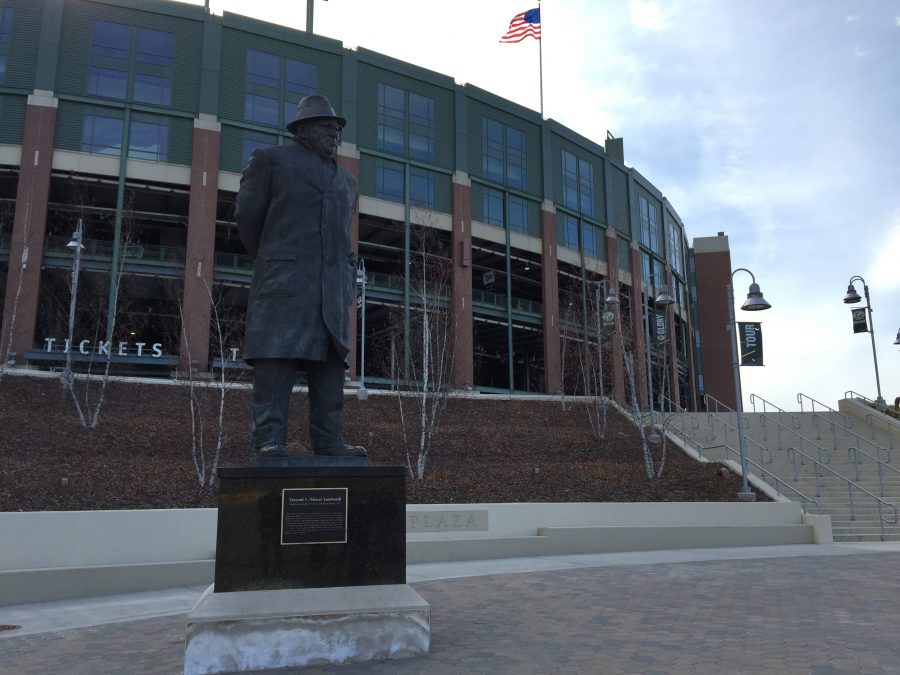“The ink of a scholar is worth a thousand times more than the blood of a martyr.”
-Lupe Fiasco
Words and actions. They go together like Marv Albert and his toupŽe. But at what point does one of the two become more potent than the other? I would say right about now.
We are entering a new era in sports. An era in which ink Đ and by ink I mean media in all its different facets, like print, online and television Đ is beginning to eclipse the sports themselves.
Think about it. Today’s fans follow their teams more than Roger Goodell follows police reports, constantly and instantaneously tracking the latest sporting news. And no matter what they are doing or where they are, this new epoch of media allows fans to get the information they crave. ESPN, Facebook, Myspace, Twitter. The whole world is at your fingertips.
“The thing that’s great about today’s world is that if you can’t go to the game, you have everything available online or in print,” Marquette’s Associate Athletic Director Scott Kuykendall said. “Media has a tremendous impact.”
Media, with its wide-reaching and highly adaptable outlets, has become the life force that sustains the sporting world. Without the power of the press, certain things will all but disappear. Great games are reduced to great moments and great moments are reduced to memories.
And what is a memory, really? Memories cannot be held, hugged, or high-fived. They cannot be questioned, interviewed, rewound, or relived. They cannot laugh or cry. Actions become past tense and memories fade.
But some things may remain timeless. While even the greatest moments wither and die over the years, media should be able to withstand the test of time. Newspapers and videos are tangible, concrete things, and assuming the earth doesn’t get invaded by a horde of aliens who resemble Don Imus, those things will be here long after we are gone.
Let’s face it, there are some great sports figures whose legacies are as lifeless as the WNBA: Jim Thorpe, Byron Nelson, Josh Gibson. Long gone.
Gibson is an especially sad case. Stories claim that he may have around 900 career home runs, most of which landed somewhere around JupiterŃa statistic that, if factual, would make him the most prolific slugger of all time. Problem is that there were no reporters to formerly gather statistics in the 1930s, when Gibson played for the Negro Leagues. And so Gibson remains a bigger mystery than Brett Favre’s name pronunciation.
Fortunately, vanishing acts like Gibson won’t happen anymore. Media has made sure of that. Because of the nearly limitless sources of information available, no one will ever be forgotten again. And that includes Marquette. Our university, and the sports program in particular, is undeniably linked to this evolving relationship with the media.
“My job is publish the university and get the Marquette brand out there,” Kuykendall said. “We want to inform the fans as soon as possible. We realize that everything is about immediacy now, and we want to feed the need of the people.”
Media is everywhere on campus; it’s inescapable. It reaches from the dorms to the classrooms to your laptops. A new dawn of sports is here, Golden Eagles. Embrace it, because not only is it here to stay, it’s here to revolutionize everything we have come to know. Gone are the days where memories were good enough. They now are nothing but hollow and transparent things.
Media is real and whole. Media is immortal.

